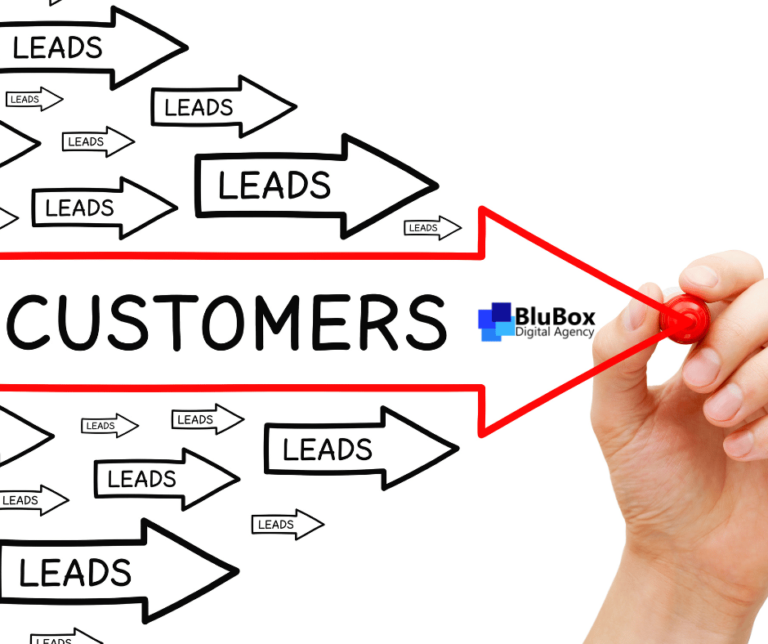SEO Strategies for Small Business Owners
Getting your website seen by more people is all about understanding Search Engine Optimization (SEO).
It’s like giving your website a boost so it shows up when people search for something you offer on sites like Google.
Let’s break down the basics of SEO to make your small business’s website more visible to potential customers on search engines.
What Is SEO and Why It Matters to your Small Business
SEO plays a really important role in improving a website’s visibility.
It makes it easier for potential customers to find your business’s website through search engines like Google.
SEO is the process of optimizing your website to rank higher in search engine results pages, which increases organic, non-paid traffic.
The benefits of SEO extend beyond just attracting more visitors.
It also enhances the quality of traffic and, ultimately, conversion rates.
How Search Engines Work
Search engines like Google use complex algorithms to crawl and index websites.
They evaluate different elements like keywords, headings, and images to determine relevance and ranking.
Crawling involves search engine spiders collecting information from web pages.
Indexing, on the other hand, is the process of storing this information in a database.
Ranking assesses the quality and relevance of the indexed content to position it in search results.
Understanding these processes is fundamental to implementing effective SEO strategies.
Keyword Research
Keyword research is a cornerstone of on-page SEO.
It helps to identify terms that users might type into search engines.

By optimizing content with relevant keywords, websites can attract the right audience.
This involves understanding the search intent behind the keywords and the frequency with which they appear on your site.
Analyzing keyword competition is important to make sure that your website is focused on terms that can improve your site’s visibility without getting lost in a sea of high-competition keywords.
Optimize On-Page SEO
On-page optimization extends beyond keyword placement.
It includes optimizing title tags, meta descriptions, and content to improve click-through rates and user engagement.
High-quality, informative content that naturally incorporates relevant keywords is important.
For instance, a blog about prescription eyewear should seamlessly include terms related to ordering glasses online, rather than unrelated topics.
Image optimization, using alt text and descriptive file names, also enhances accessibility and search visibility.
Valuable Off-Page SEO
Off-page SEO focuses on factors outside of your website that can influence your search rankings.
Backlinks from reputable websites boost your site’s credibility and signal to search engines that your content is valuable.
Social media marketing, by promoting content across various platforms, is another way to increase visibility and brand awareness.
Optimizing for Local SEO
Local SEO is another facet, optimizing your site for local search queries to attract customers in specific geographic areas.
Listing service areas and registering with platforms like Google Business Profile can significantly improve local search performance.
The Power of Content Marketing
Content marketing is a powerful tool within both on-page and off-page SEO strategies.
Creating engaging and informative content such as blog posts, case studies, and webinars attracts and retains a defined audience.
Effective content marketing educates your market, establishing authority and trust, which in turn drives traffic to your website.
As the saying goes, “Whoever educates their market, owns their market.”
Educating your audience not only builds confidence but also increases the likelihood of converting visitors into customers.
Tracking Analytics

Finally, measuring and improving your SEO efforts is an ongoing process.
Using analytics tools to monitor website traffic, bounce rates, and user engagement helps identify areas for improvement.
Tracking keyword rankings and conversion rates provides insights into the effectiveness of your SEO strategies.
Regularly gathering user feedback can further refine your approach, ensuring that your website continues to meet the evolving needs of your audience.
Putting SEO together
Getting good at SEO is key for any small business that wants to be more visible online and draw in more customers.
By focusing on finding the right keywords, improving your website inside and out, and always creating useful content, you can boost your site’s rankings on search engines.
Make sure to keep an eye on your performance and tweak your tactics as needed to keep up with changes online.
And remember, SEO isn’t just about being seen, it’s about connecting with your audience and growing your small business.
Whether you’re reaching out locally or expanding nationally, our FREE guide, “24 Ways to Market Your Business for Free” has some practical tips that complement your SEO efforts. Get your copy today!






